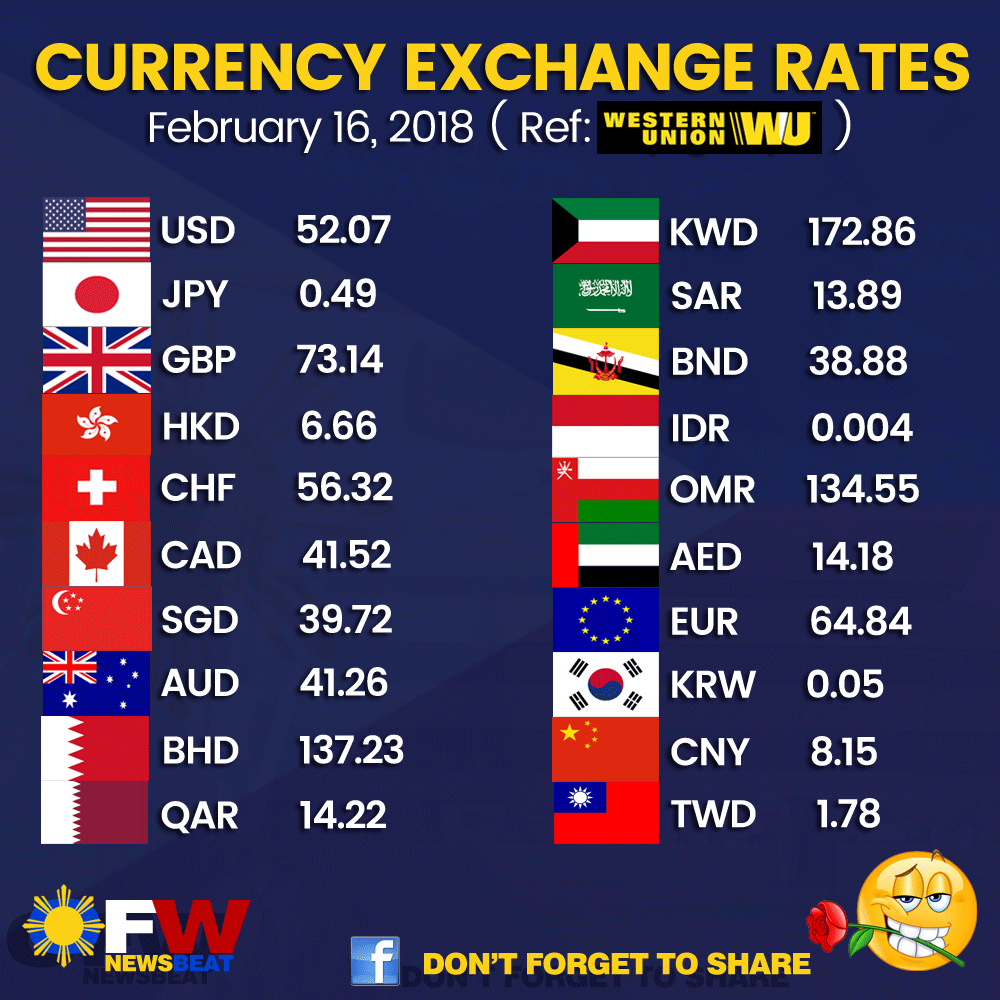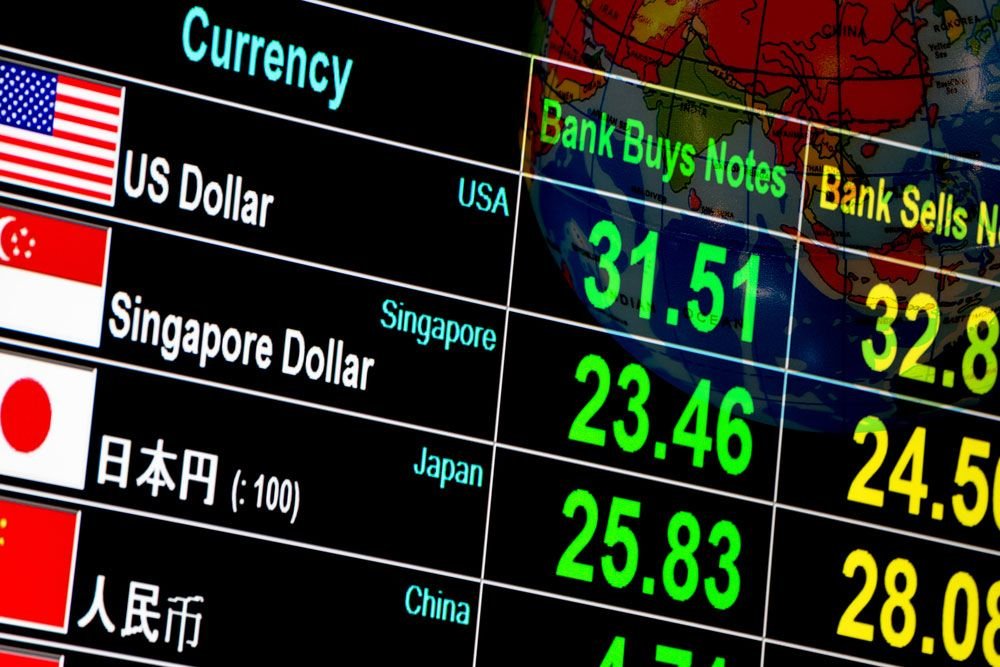Navigating the World of Currency Exchange: A Comprehensive Guide
At analytixon.com, we understand that navigating the global financial landscape can be complex. Currency exchange, a cornerstone of international trade and travel, is one such area that often presents challenges for individuals and businesses alike. Whether you’re planning a vacation, importing goods, or investing abroad, understanding the intricacies of currency exchange rates, fees, and best practices is crucial to maximizing your financial gains and minimizing potential losses. This comprehensive guide will delve into the world of currency exchange, providing you with the knowledge and insights necessary to make informed decisions.
What is Currency Exchange?
Currency exchange, at its core, is the process of converting one country’s currency into another. This is essential for facilitating international transactions, allowing individuals and businesses to buy and sell goods and services across borders, invest in foreign markets, and travel to different countries. The rate at which one currency is exchanged for another is known as the exchange rate, and it fluctuates constantly based on a complex interplay of economic and political factors.
Understanding Exchange Rates: The Foundation of Currency Exchange
Exchange rates are the linchpin of the currency exchange process. They represent the value of one currency in relation to another. There are two primary types of exchange rates:
-
Fixed Exchange Rates: In a fixed exchange rate system, a country’s currency is pegged to another currency (typically a major currency like the US dollar or the euro) or to a basket of currencies. The government or central bank intervenes in the market to maintain the fixed rate. This provides stability but limits the country’s monetary policy flexibility.
-
Floating Exchange Rates: In a floating exchange rate system, the value of a currency is determined by market forces of supply and demand. These rates fluctuate constantly, influenced by factors such as economic growth, inflation, interest rates, political stability, and market sentiment. Most major currencies today operate under a floating exchange rate regime.
Factors Influencing Exchange Rates
Numerous factors can influence exchange rates, making them dynamic and often unpredictable:
-
Economic Growth: Strong economic growth typically leads to higher demand for a country’s currency, as investors and businesses seek to invest in the growing economy. This increased demand can push the currency’s value up.
-
Inflation: High inflation erodes the purchasing power of a currency, making it less attractive to investors. As a result, currencies with high inflation rates tend to depreciate against currencies with lower inflation rates.
-
Interest Rates: Higher interest rates can attract foreign investment, as investors seek to earn higher returns on their capital. This increased demand for the currency can lead to appreciation.
-
Political Stability: Political instability, such as elections, policy changes, or geopolitical events, can create uncertainty and volatility in the currency market. Currencies of countries with stable political environments are generally considered safer and more attractive to investors.
-
Government Debt: High levels of government debt can raise concerns about a country’s ability to repay its obligations, leading to a decline in the value of its currency.
-
Current Account Balance: The current account balance reflects a country’s trade balance (exports minus imports) and net income from abroad. A current account deficit can put downward pressure on a currency, as it indicates that the country is importing more than it is exporting.
-
Market Sentiment: Market sentiment, or the overall mood of investors, can also play a significant role in currency movements. News events, rumors, and speculation can all influence investor confidence and drive currency fluctuations.
Where to Exchange Currency
Several options are available for exchanging currency, each with its own advantages and disadvantages:
-
Banks: Banks typically offer currency exchange services, but their exchange rates may not be the most competitive, and they often charge fees. However, banks can be a convenient option for existing customers.
-
Currency Exchange Bureaus: Currency exchange bureaus, such as those found at airports and tourist destinations, are readily accessible. However, they often have the highest exchange rates and fees.
-
Online Currency Exchange Platforms: Online currency exchange platforms offer a convenient and often more cost-effective way to exchange currency. These platforms typically have lower fees and more competitive exchange rates than banks or currency exchange bureaus. Examples include Wise (formerly TransferWise), OFX, and Remitly.
-
Credit and Debit Cards: While convenient, using credit and debit cards for international transactions can incur foreign transaction fees and unfavorable exchange rates. It’s essential to check with your bank or credit card issuer about these fees before using your card abroad.
-
ATMs: Withdrawing cash from ATMs in foreign countries can be a convenient option, but it’s important to be aware of potential ATM fees and foreign transaction fees charged by your bank.
Tips for Getting the Best Exchange Rate
To maximize your savings when exchanging currency, consider the following tips:
-
Compare Exchange Rates: Don’t settle for the first exchange rate you see. Compare rates from different providers, including banks, currency exchange bureaus, and online platforms.
-
Be Aware of Fees: Pay attention to fees, as they can significantly impact the overall cost of the exchange. Some providers charge commissions, while others have hidden fees.
-
Avoid Exchanging Currency at Airports: Airport currency exchange bureaus typically offer the worst exchange rates and highest fees.
-
Consider Using a Credit Card with No Foreign Transaction Fees: Some credit cards do not charge foreign transaction fees, which can save you money on international purchases.
-
Use Online Currency Exchange Platforms: Online platforms often offer more competitive exchange rates and lower fees than traditional methods.
-
Exchange Currency in Advance: If you know you’ll need foreign currency, consider exchanging it in advance when rates are favorable.
-
Avoid Dynamic Currency Conversion (DCC): When using your credit or debit card abroad, you may be offered the option of paying in your home currency (DCC). However, this usually results in a less favorable exchange rate and higher fees. Always choose to pay in the local currency.
-
Monitor Exchange Rate Trends: Keep an eye on exchange rate trends to identify potential opportunities to exchange currency when rates are favorable.
Currency Exchange for Businesses
For businesses engaged in international trade, currency exchange is a critical aspect of financial management. Businesses need to manage currency risk effectively to protect their profits and maintain their competitiveness.
-
Hedging Currency Risk: Hedging involves using financial instruments to reduce or eliminate currency risk. Common hedging strategies include forward contracts, options, and currency swaps.
-
Currency Accounts: Businesses can open currency accounts in different currencies to facilitate international transactions and minimize exchange rate fluctuations.
-
Working with a Currency Specialist: Consulting with a currency specialist can help businesses develop effective currency risk management strategies and optimize their currency exchange transactions.
The Future of Currency Exchange
The world of currency exchange is constantly evolving, driven by technological advancements and changing economic conditions. Digital currencies, such as Bitcoin and Ethereum, are emerging as alternative forms of currency, potentially disrupting traditional currency exchange markets. Blockchain technology, the underlying technology behind digital currencies, could also revolutionize currency exchange by making transactions faster, cheaper, and more transparent.
Conclusion
Currency exchange is a complex but essential aspect of the global economy. By understanding the factors that influence exchange rates, exploring different exchange options, and employing effective strategies, individuals and businesses can navigate the world of currency exchange with confidence and maximize their financial gains. Remember to always compare rates, be aware of fees, and stay informed about market trends. At analytixon.com, we are dedicated to providing you with the insights and tools you need to make informed financial decisions in an increasingly interconnected world. By staying informed and proactive, you can turn currency exchange from a potential challenge into a strategic advantage.









